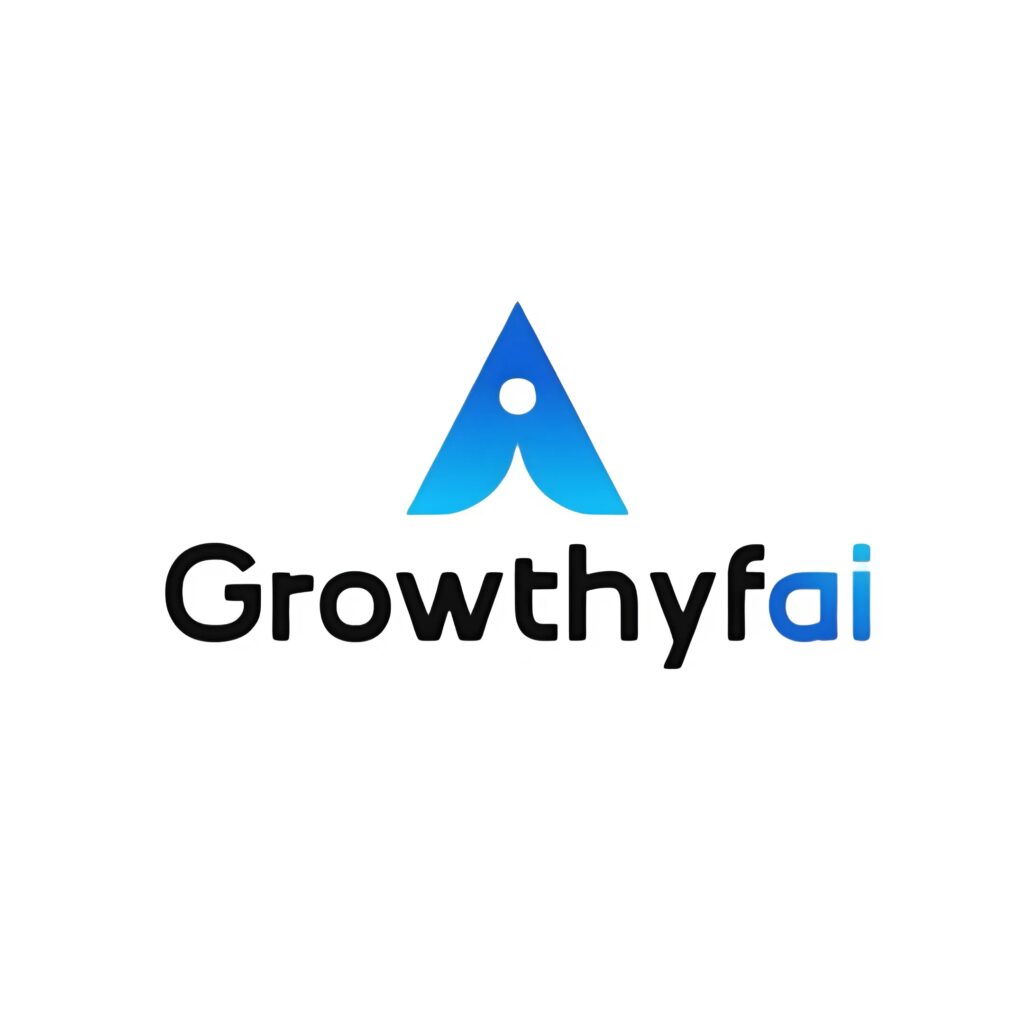How AI is Revolutionizing Personal Finance Management


In today’s fast-paced world, managing personal finances effectively is more crucial than ever. As technology continues to evolve, artificial intelligence (AI) is making noteworthy strides in transforming how individuals manage their financial affairs. From streamlining budgeting processes to optimizing investment strategies, AI-powered tools are helping consumers make more informed financial decisions. In this blog post, we delve into the various ways AI is revolutionizing personal finance management, offering practical examples and highlighting its benefits for users worldwide.
The Role of AI in Personal Finance
Artificial intelligence, with its capability to analyze vast amounts of data and identify patterns, is reshaping the way people approach their finances. Traditional methods of budgeting, investing, and saving are being enhanced by AI’s ability to provide more accurate insights and personalized recommendations. These AI-driven technologies are not only helping individuals take greater control of their financial lives but also fostering a culture of improved financial literacy.
Enhancing Budgeting Processes
Managing a personal budget can often be a daunting task. AI-powered applications are simplifying this process by providing users with tools that automatically track spending, categorize expenses, and forecast future spending patterns. By leveraging machine learning algorithms, these applications can analyze a user’s financial behavior and suggest tailored budgeting plans.
For example, AI-driven platforms like Mint or YNAB (You Need A Budget) help users create budgets based on their spending history. They send alerts when users exceed their budgetary limits and provide insights into spending habits by categorizing expenses into segments such as groceries, housing, and entertainment. This empowers users to make more informed choices and identify areas where they can cut costs.
Improving Investment Strategies
AI is also transforming the investment landscape, making it more accessible and efficient for individual investors. Robo-advisors, automated platforms that provide algorithm-driven financial planning services, are a notable example. Firms like Betterment and Wealthfront use AI to create personalized investment portfolios based on an individual’s risk tolerance and financial goals.
These platforms continuously analyze market trends and adjust investment strategies to optimize returns. By removing human biases and emotions from the equation, AI-driven robo-advisors help investors make objective decisions, potentially improving investment outcomes.
Boosting Savings with Smart Algorithms
Saving effectively is another area where AI has shown great promise. AI-driven financial tools can analyze spending patterns and automatically identify surplus funds that can be directed towards savings. These tools provide users with personalized saving goals and strategies without requiring them to allocate excessive time or effort.
Apps like Digit use AI algorithms to analyze a user’s income and spending habits, then automatically transfer manageable amounts into a savings account. This makes the process of saving effortless, allowing users to build a financial safety net without drastically altering their lifestyle.
Facilitating Financial Security
AI is also playing a crucial role in enhancing financial security by detecting fraud and preventing identity theft. Machine learning algorithms can monitor financial transactions in real-time, flagging suspicious activities more accurately than traditional methods. By analyzing user behavior patterns and transaction histories, these algorithms can identify anomalies that may indicate fraudulent activity.
Financial institutions and tech companies like Experian and FICO utilize AI to offer advanced security features, ensuring that users’ financial data remains protected. This added layer of security helps instill confidence among users, encouraging them to engage more actively in digital finance platforms.
Promoting Financial Literacy
One of AI’s most significant contributions to personal finance management is its potential to enhance financial literacy. Personalized financial insights, tailored advice, and educational resources offered by AI-driven applications are empowering individuals to better understand complex financial concepts.
For instance, AI chatbots and virtual assistants can provide users with immediate answers to finance-related questions, helping them navigate intricate topics such as tax planning, retirement savings, and loan management. As users interact with these platforms, they acquire new knowledge, enabling them to make more informed decisions that align with their long-term financial goals.
Conclusion: The Future of Personal Finance
The integration of AI into personal finance management is undoubtedly revolutionizing how individuals approach their finances. By enhancing budgeting processes, optimizing investment strategies, boosting savings, ensuring financial security, and promoting financial literacy, AI-driven tools are empowering users to take charge of their financial future.
As AI technology continues to evolve, we can expect even more sophisticated and user-friendly applications to emerge. These innovations will not only make financial management more accessible but also contribute to a broader shift towards a more digitally-savvy economy. By embracing AI in personal finance, users can pave the way for a more secure, informed, and prosperous future.







